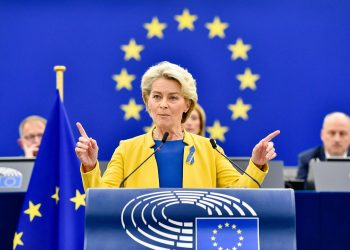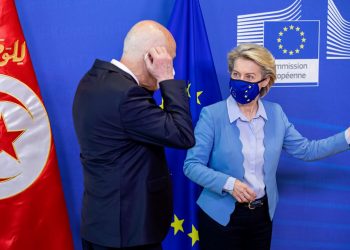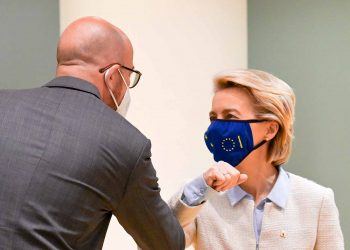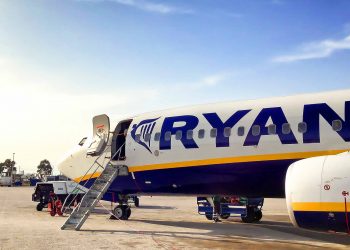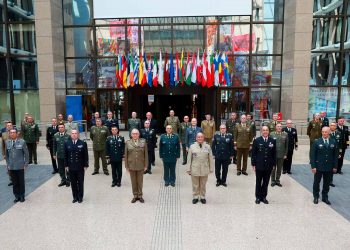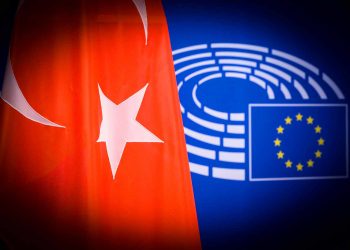NATO leaders reaffirmed the Alliance’s dual-track approach of defence and dialogue towards Russia and agree to strengthen the #NATO2030 Alliance. They also pledged to continue to support NATO partners Ukraine and Georgia, bringing them closer to the Alliance. The NATO Summit in Brussels wrapped up on Monday (14 June 2021), with leaders taking important decisions to chart the Alliance’s course over the next decade and beyond.
President of the United States arrives with NATO leaders in Brussels Summit
Leaders called on China to uphold its international commitments and to act responsibly in the international system. They agreed on the need to address the challenges posed by China’s growing influence and international policies, and to engage with China to defend NATO’s security interests.
Joe Biden to use Nato summit to atone for damage of Trump years
NATO Secretary General debates with US President at NATO Summit to face up to China’s rise
Allied leaders agreed an ambitious NATO 2030 agenda to ensure the Alliance can face the challenges of today and tomorrow. They took decisions to strengthen political consultations, reinforce collective defence, enhance resilience, sharpen NATO’s technological edge, uphold the rules-based international order, step up training and capacity building for partners, and address the security impact of climate change. They further agreed to develop NATO’s next Strategic Concept for the summit in 2022.
“To do more, Allies agreed that we need to invest more together in NATO,” said Secretary General Jens Stoltenberg. He noted that this will require increased resources across all three NATO budgets – military, civil, and infrastructure.
NATO leaders Summit in Brussels
NATO leaders also agreed a new cyber defence policy for NATO, and made clear that the Alliance is determined to defend itself in space as effectively as in other military domains.
Addressing Afghanistan, NATO leaders reaffirmed their commitment to stand with Afghanistan with training and financial support for Afghan forces and institutions, and funding to ensure the continued functioning of the international airport.
“We have made important decisions today to make NATO stronger in a more competitive world,” stressed the Secretary General.
Strategic autonomy, security and EU self-defense role with NATO
NATO Heads of State and Government on Monday (14 June) agreed a set of proposals under the NATO 2030 banner, covering a range of issues, including the protection of critical infrastructure, promoting innovation, boosting partnerships, and making the fight against climate change an important task for NATO for the first time.
“By agreeing the NATO 2030 agenda, leaders have taken decisions to make our Alliance stronger and better fit for the future”, Secretary General Jens Stoltenberg told a press conference at the end of the one-day gathering of allied leaders. He said Allies also agreed to keep defence investments up, with 2021 due to be the seventh consecutive year of rising defence budgets across European Allies and Canada. The Summit also took decisions on enhancing the capabilities to defend against cyberattacks and reaffirmed the Allies’ commitment to Afghanistan. Allied leaders also had substantive discussions about Russia and China which Mr. Stoltenberg said are “authoritarian regimes” that “challenge the rules-based international order.”

